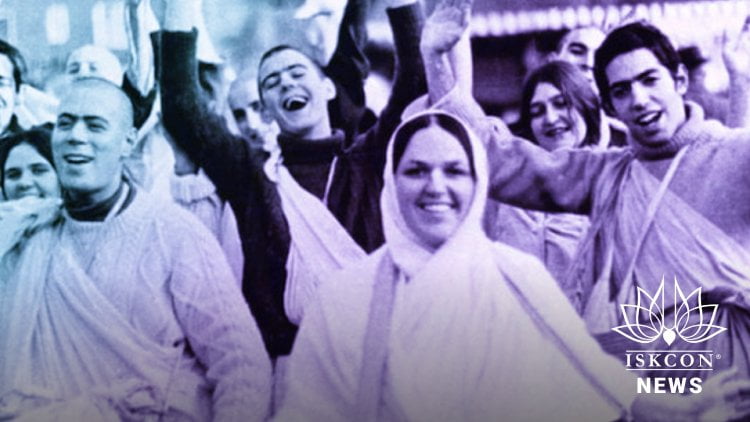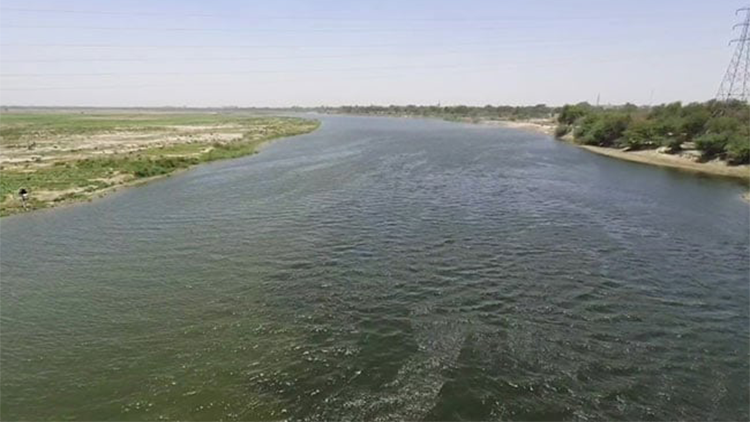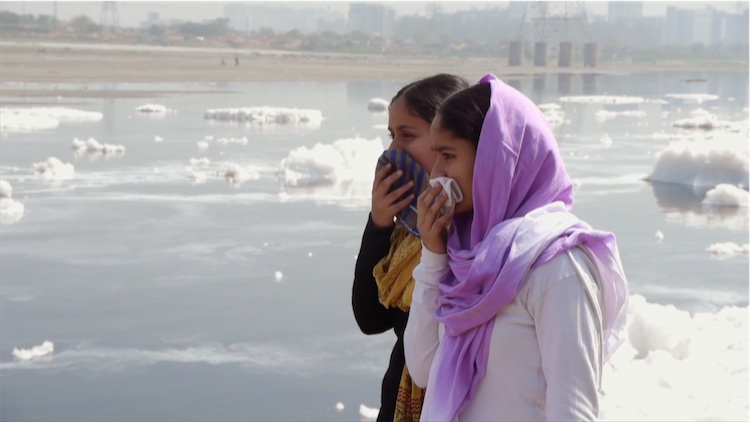Tag: yamuna
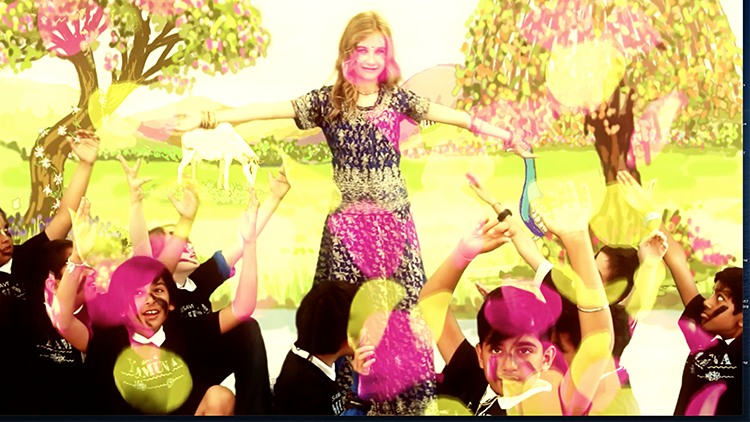
May 06, 2020
Give Us Back The Yamuna River – New Video by Jayadeva Das and the Bhaktivedanta Manor Children
Patita Pavana Dasa
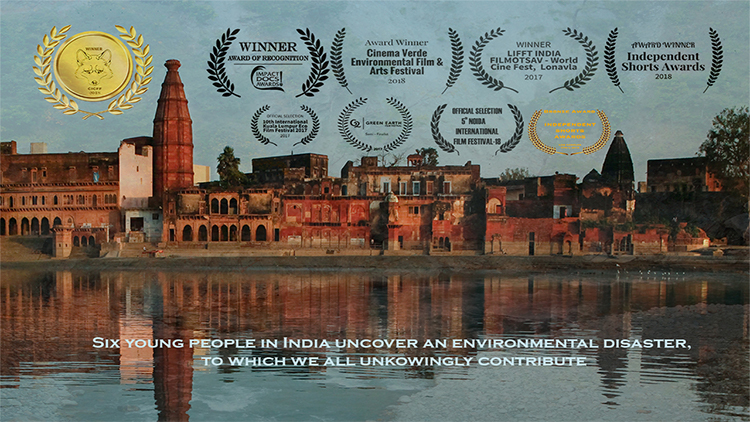
Apr 22, 2020
Happy Earth Day! – Award-Winning Film About the Yamuna River Streams for Free for 10 Days
ISKCON News Staff
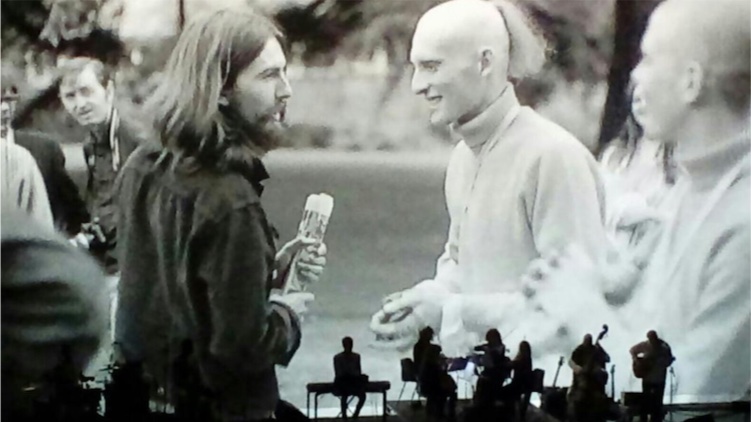
Dec 08, 2019
The Jewel in The Crown: A Night of Appreciation of the “Spiritual Beatle”
Louise Guthrie
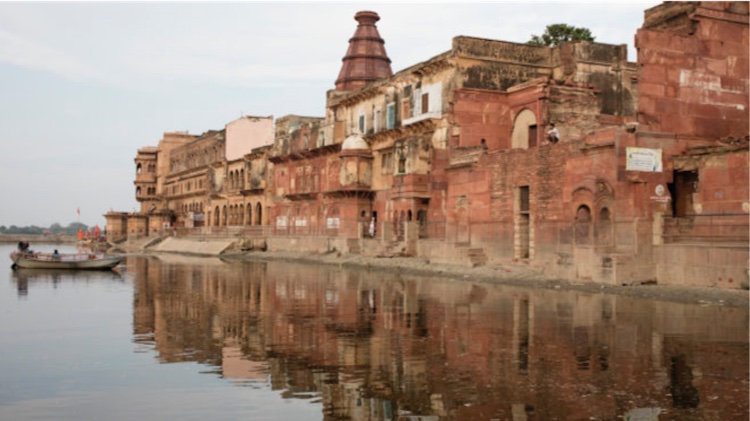
Aug 22, 2019
Indian Central Government Plans to Bring Yamuna to Vrindavan Ghats; Parks to Replace Illegal Structures
Staff Reporter





